Are you looking for an adorable pet that is small, cuddly, and easy to care for? Then you should consider getting a Dwarf Bunny Pet! Dwarf bunnies are a great pet for first-time owners and experienced pet owners alike, as they’re incredibly sweet and affectionate. In this article, we’ll discuss everything you need to know about Dwarf Bunny Pets, including their size, diet, and other important care information. So, if you’re interested in learning more about this cuddly companion, read on to discover the Dwarf Bunny Pet!
Dwarf Bunny Pet Characteristics
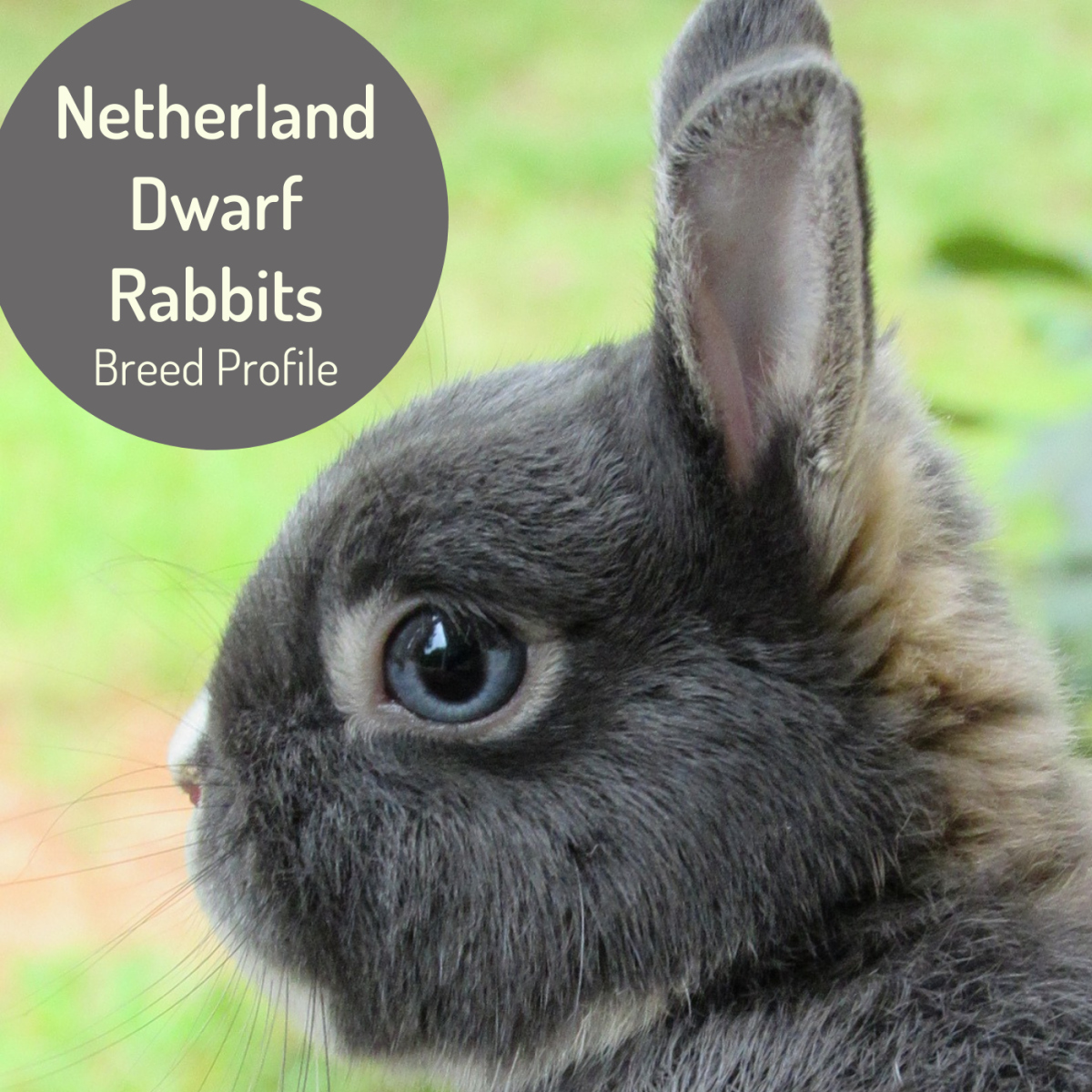
Size
Adult dwarf bunnies typically reach a maximum size of 8 inches in length. They usually weigh between 1-2lbs, making them easily portable.
Weight
Adult dwarf bunnies typically weigh between 1-2lbs. This makes them easy to handle and transport.
Appearance
Dwarf bunnies have a distinctive look, with a compact body, short legs, and large eyes. They typically have short, soft fur that can be any color.
Dwarf Bunnies vs Regular Bunnies
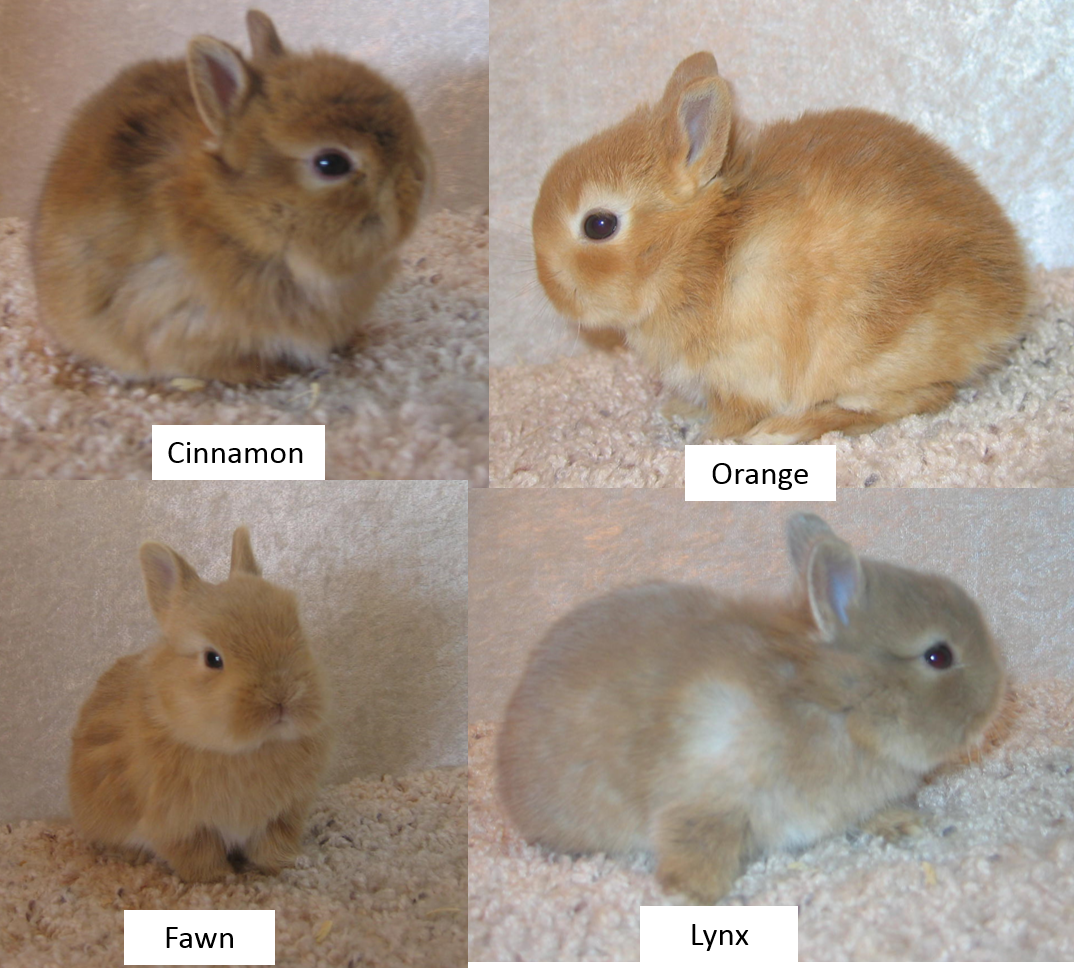
Dwarf rabbits size: Dwarf bunnies are smaller than regular bunnies. Generally, they are between 5 to 8 inches long and weigh 1 to 2 pounds.
- Dwarf bunnies typically live for 6 to 10 years.
- They are known for their lively, energetic and friendly personalities.
- Dwarf bunnies are social animals and they enjoy interacting with their owners.
- They require regular grooming and nail trimming.
- Dwarf bunnies need to be handled with care, as they are more fragile than regular bunnies.
- Dwarf bunnies are also quieter and less active than regular bunnies.
- Dwarf bunnies require less food than regular bunnies.
- They require more space than regular bunnies, as they are more active.
Dwarf bunnies are the perfect pet for people who want a small and affectionate animal. They are very social, and they love to be cuddled and interacted with. Although they are small, they still require plenty of space and attention. With proper care and maintenance, dwarf bunnies can live a long, healthy life.
Life Expectancy of Dwarf Bunnies
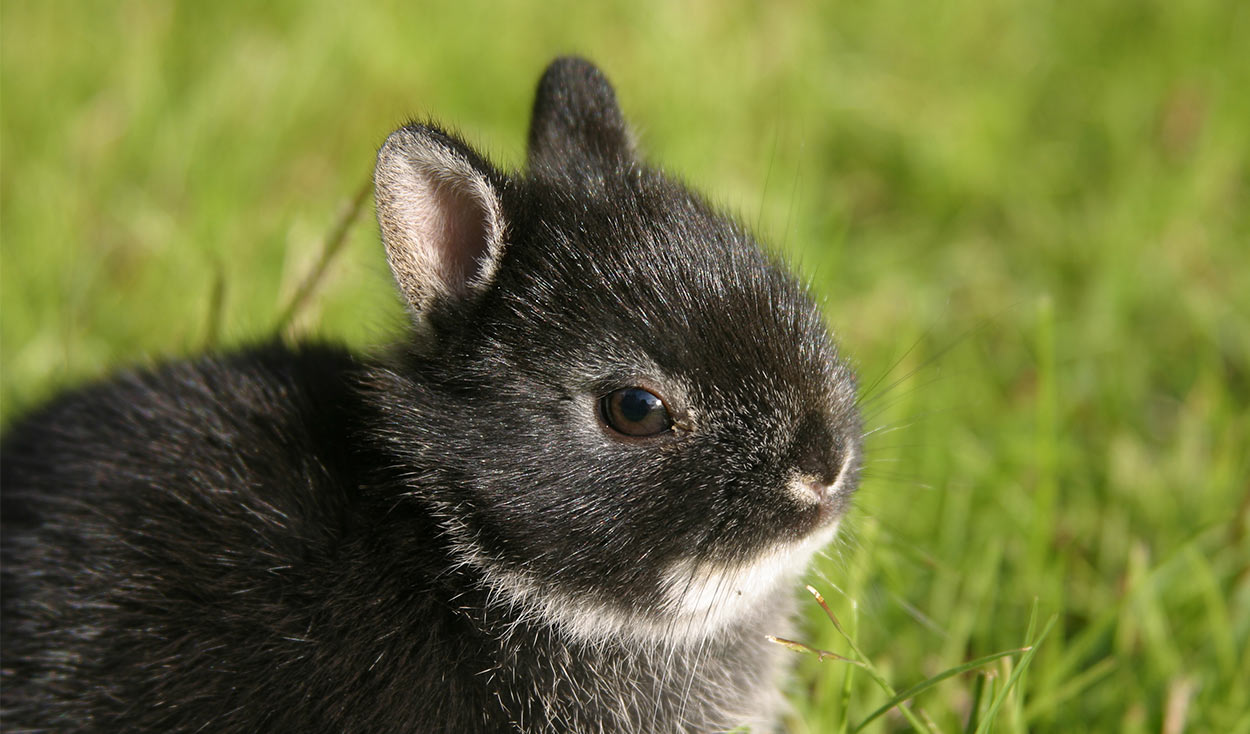
Dwarf bunnies are small and cute, and their size is an important factor when considering their life expectancy. On average, dwarf bunnies have a life expectancy of 8-10 years. However, with good care, they can live up to 12-15 years.
It is important to provide dwarf bunnies with a clean and safe environment and proper diet to ensure a long and healthy life. Feeding them high-quality hay and pellets as well as occasional fresh vegetables and fruits is key. Also, providing them with plenty of exercise and ample space for playtime is essential.
Table: Life Expectancy of Dwarf Bunnies
| Size | Life Expectancy (Years) |
|---|---|
| Small | 8-10 |
| Medium | 10-12 |
| Large | 12-15 |
Overall, dwarf bunnies are the perfect pet for those looking for an adorable companion with a long life expectancy. With proper care, they have the potential to live a long and happy life.
Care for Dwarf Bunnies
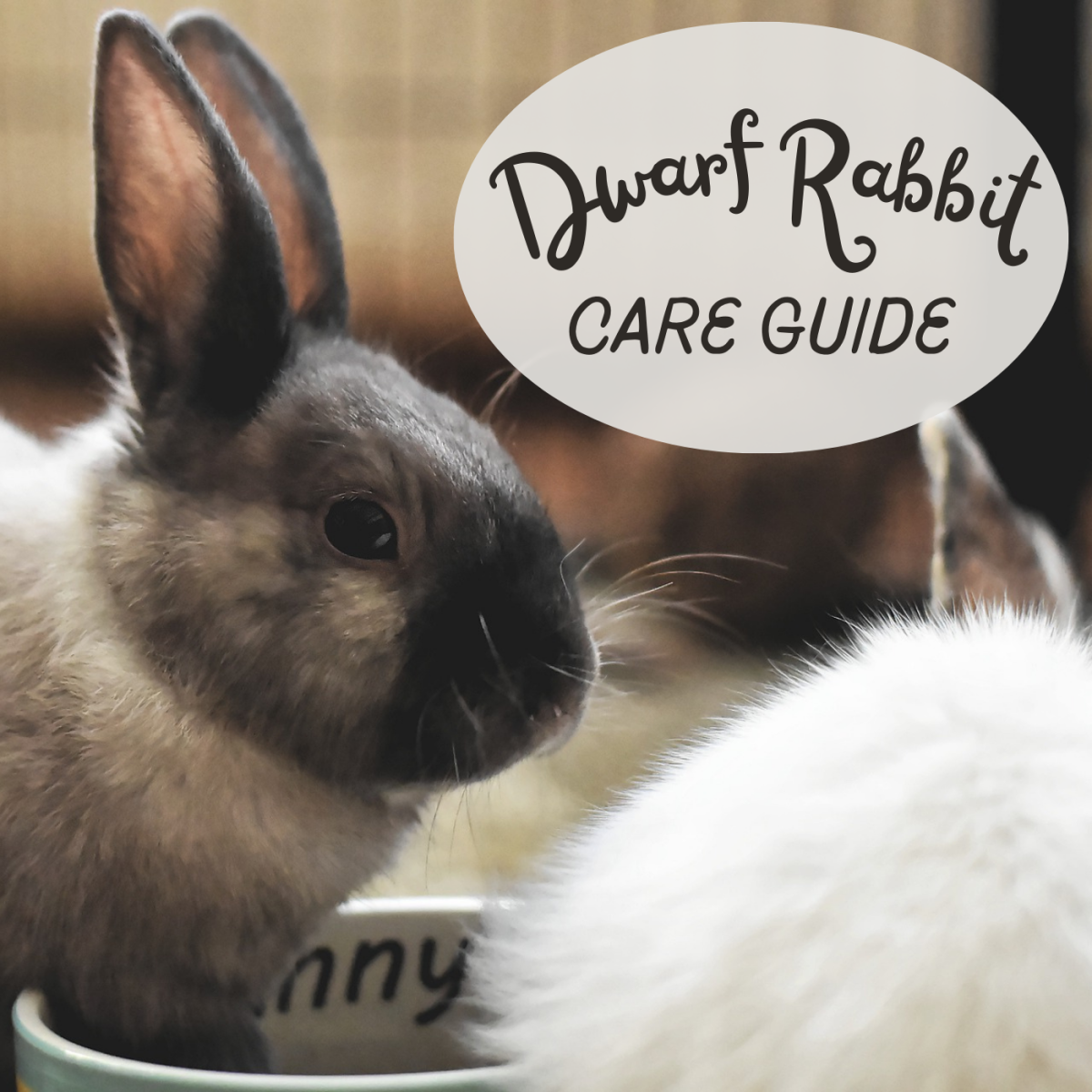
Dwarf bunnies require proper care to stay healthy and active. Housing should be a spacious, clean, well-ventilated, and escape-proof cage. The minimum recommended size for a single dwarf bunny pet is 24″ x 24″ x 18″. The cage should be lined with bedding such as aspen shavings or timothy hay.
Dwarf bunnies should have access to fresh hay, vegetables, and a small amount of pellets daily. They also need fresh and clean water at all times. Grooming is also important and should include brushing, and trimming of their nails.
It is also important to provide plenty of activities for dwarf bunnies to prevent boredom and help keep them active. These activities should include hideouts, tunnels, toys, and anything else that will encourage them to explore and express natural behaviors.
Finally, dwarf bunnies need regular veterinary care to stay healthy. Vaccinations and regular checkups will help detect and prevent any diseases.
Take care of your dwarf bunny pet and show them the love they deserve!
Dwarf Bunny Diet
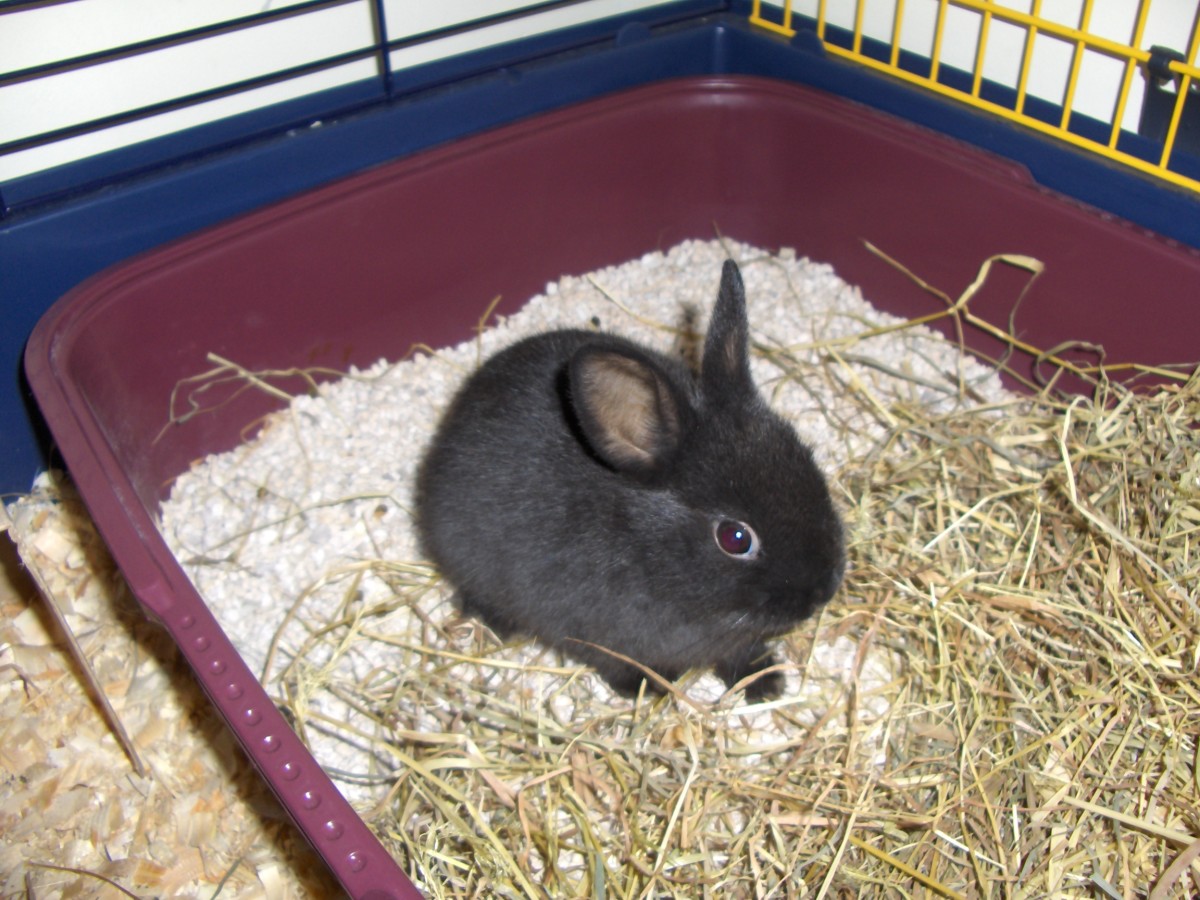
Micro bunnies, or dwarf bunnies, require a nutrient-rich diet to stay healthy and happy. A balanced diet for a dwarf bunny should include:
- Hay: hay should make up the majority of a dwarf bunny’s diet, as it is a natural source of fiber and essential vitamins. Provide fresh hay daily.
- Leafy Greens: fresh leafy greens such as kale, parsley, spinach, and romaine lettuce should be given in small quantities daily. Avoid giving your micro bunny pet iceberg lettuce.
- Fruits and Vegetables: offer a variety of fresh fruits and vegetables such as carrots, apples, berries, pumpkin, and squash. Limit these items to a small portion each day.
- Pellets: commercial pellets are a convenient source of nutrition and should be given in small amounts daily to supplement the diet.
In addition to these foods, provide a constant source of fresh, clean water. Avoid giving your dwarf bunny high-sugar or high-fat treats, as these can lead to health issues.
Dwarf Bunny Health Issues
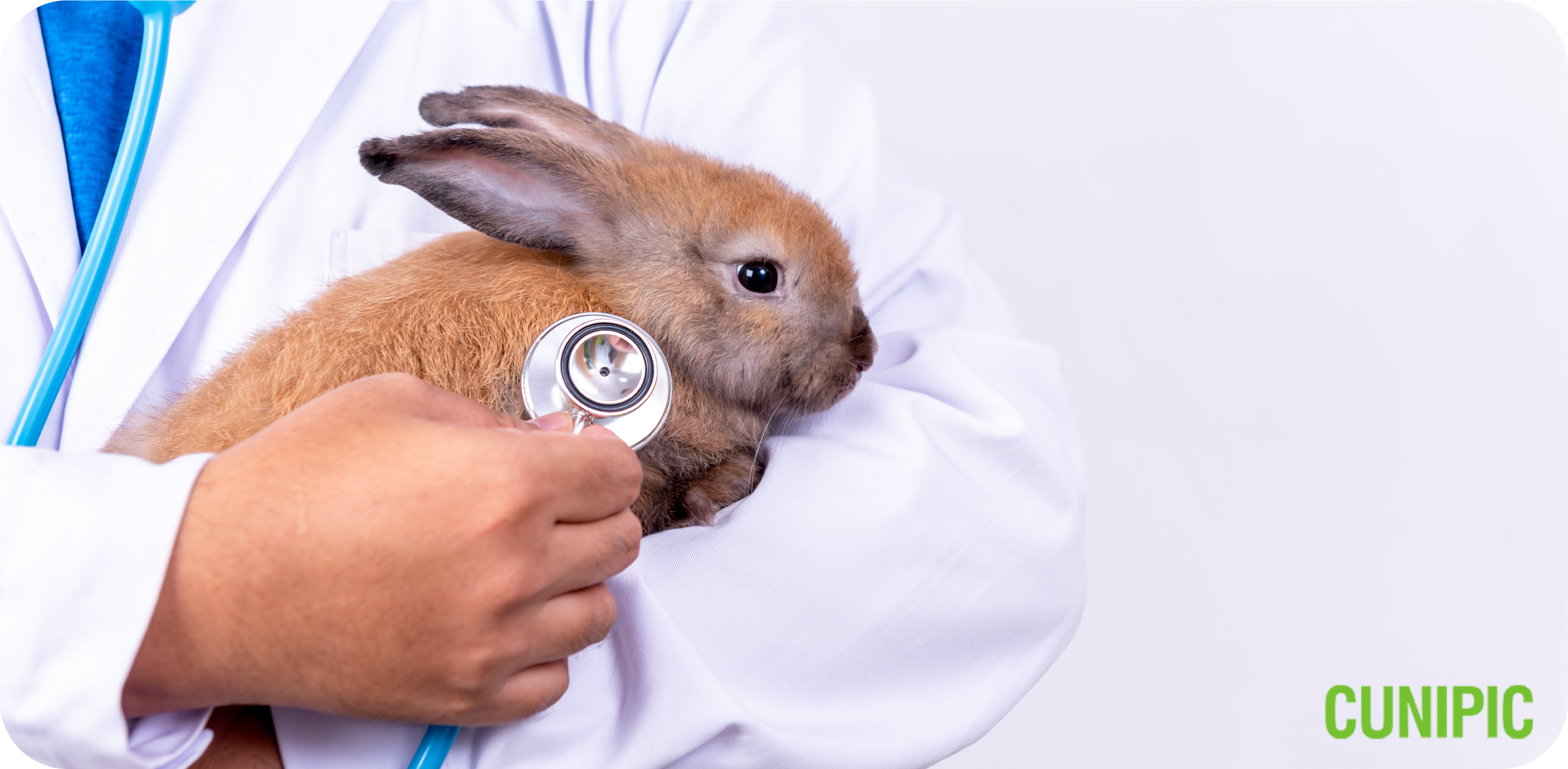
Dwarf bunnies are a popular pet due to their small size and cute personality. However, they also come with a set of health issues that owners should be aware of. Here are the most common health issues that dwarf bunnies may have:
- Dental Problems: Dwarf bunnies have a smaller jaw than other breeds, making it difficult for them to properly wear down their teeth. If left untreated, dental issues can cause pain and even lead to infections.
- GI Stasis: GI stasis is a potentially deadly condition in which a bunny’s gut stops working. Symptoms include loss of appetite, lethargy, and drooling. GI stasis is more common in dwarf bunnies.
- Infections: Dwarf bunnies are more prone to bacterial and fungal infections due to their small size and immune system. Regular visits to the vet can help catch any infections early.
- Weight Issues: Dwarf bunnies have a delicate balance of weight and size. If they get too much or too little, they can develop health problems. Owners should monitor their bunny’s weight and provide a balanced diet.
Dwarf bunnies are a great pet for those who want a small, friendly companion. In order to keep them healthy, owners should be aware of these common health issues and ensure that their bunny gets regular check-ups. On average, how big does a dwarf rabbit get? Dwarf bunnies can grow to be between one and two pounds in weight.
How to Locate a Dwarf Bunny Pet
- Adult dwarf bunnies are usually available from pet stores, breeders, or animal rescues.
- Visit a pet store or animal rescue to find a dwarf bunny pet. Make sure to enquire about the bunny’s age and health.
- For dwarf bunnies from breeders, search online for breeders of dwarf breeds, such as the Holland Lop, Polish, Jersey Wooly or Netherland Dwarf.
- You can also look for dwarf bunnies in classified ads or pet forums.
- If you choose to purchase a dwarf bunny from a breeder, make sure to ask questions and visit the facility to ensure the bunnies are well cared for.
- When buying a dwarf bunny pet, you should also consider its personality and temperament.
- It is important to remember that adult dwarf bunnies require a lot of care and attention, and may need to be kept in a secure, indoor environment.
Frequently Asked Questions
What type of food do dwarf bunnies need?
- Hay: Dwarf bunnies require hay as the main source of fiber in their diet. Hay should be offered in unlimited amounts to ensure proper digestion.
- Vegetables: Dwarf bunnies should be offered fresh vegetables daily. These vegetables should be washed and free of pesticides. Examples of vegetables that are safe for dwarf bunnies are broccoli, kale, spinach, carrots, and celery.
- Pellets: Commercial pellets are formulated with the essential vitamins and minerals a dwarf bunny needs. The amount of pellets needed should be based on the size of the bunny. Generally, 1/8 to 1/4 cup of pellets per day is recommended.
- Fruits: Fruits should be offered in small amounts as treats. Apples, pears, and strawberries are all safe for dwarf bunnies.
How Much Space Do Dwarf Bunnies Need To Live Comfortably?
Dwarf bunnies need a spacious enclosure to live comfortably. They require enough space to move around, jump and play, and to do all the activities that come naturally to them. The minimum size of the enclosure should be 6 sq.ft. for a single rabbit, and an extra 3 sq.ft. for every additional rabbit. Some of the features that should be incorporated in the enclosure are:
- A large area for playing and running around
- A comfortable place to rest and sleep
- A litter box
- Access to hay, pellets, and fresh vegetables
- A hide box or some shelter
- A water bottle or water bowl
The optimal size of the enclosure should be 10 sq.ft. or larger to ensure that the rabbit can have enough space to move around. The walls of the enclosure should be tall enough to prevent the rabbit from jumping out. If you plan to let the bunny out of the enclosure, make sure your home is bunny-proofed and that there are no areas where the rabbit can get stuck.
How often should I groom a dwarf bunny?
- Brush their fur: Dwarf bunnies need to be brushed regularly. This will help to remove any dirt, debris, and dead fur. It is recommended to brush your dwarf bunny at least once a week.
- Clip their nails: Dwarf bunnies need to have their nails clipped regularly. This will help to keep their nails from becoming too long and causing discomfort. It is recommended to clip your dwarf bunny’s nails every two weeks.
- Clean their ears: Dwarf bunnies need to have their ears cleaned regularly. This will help to prevent any ear infections or mites. It is recommended to clean your dwarf bunny’s ears every two weeks.
- Bathe them: Dwarf bunnies need to be bathed regularly. This will help to keep their fur clean and free of any dirt or debris. It is recommended to bathe your dwarf bunny at least once a month.
Are Dwarf Bunnies Prone to Any Particular Health Problems?
Yes. Dwarf bunnies can suffer from a variety of health problems, some of which are specific to their breed. Common health problems include:
- Overgrown teeth, which can cause pain and difficulty eating
- Misaligned jaw, which can cause difficulty eating and dental problems
- Myxomatosis and snuffles, which are both caused by viruses and can cause respiratory problems
- Stasis, which is a condition where the digestive system slows down and can cause bloating and lack of appetite
- GI stasis, which is a more serious condition that can cause pain, dehydration, and death if not treated quickly
- Sludgy bunny syndrome, which is a condition caused by a vitamin deficiency and can cause weakness and lethargy
It is important to provide your dwarf bunny with regular check-ups to ensure that they are healthy and that any potential health problems can be caught and treated quickly.
What are the Best Toys for a Dwarf Bunny?
Dwarf bunnies are quite active and require plenty of stimulation. The best toys for a dwarf bunny include tunnels, chew toys, and interactive toys. Tunnels provide hours of fun for dwarf bunnies as they explore and hide in them. Chew toys are a must for keeping their teeth in good condition and providing mental stimulation. Interactive toys, such as treat dispensers, help keep your dwarf bunny busy and occupied.
Conclusion
The Dwarf Bunny is an excellent pet choice for people of all ages, as they are friendly and easy to care for. With proper care, they can live up to 10 years, and they can even be trained to do tricks. They require daily exercise and a diet of fresh vegetables and hay. With their cute appearance and gentle nature, the Dwarf Bunny is sure to bring joy to any family.
